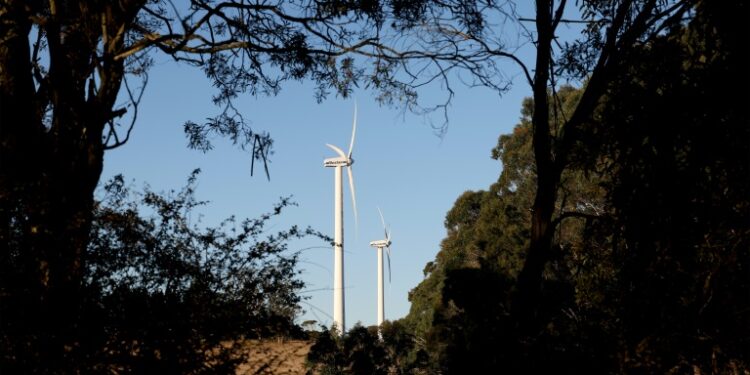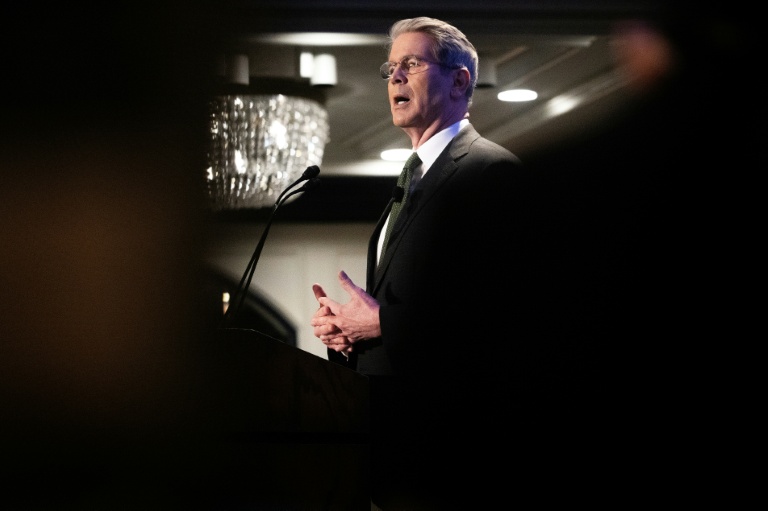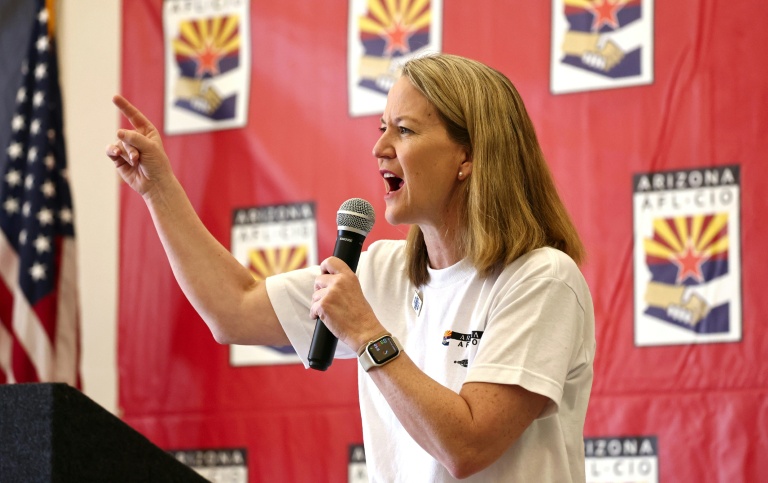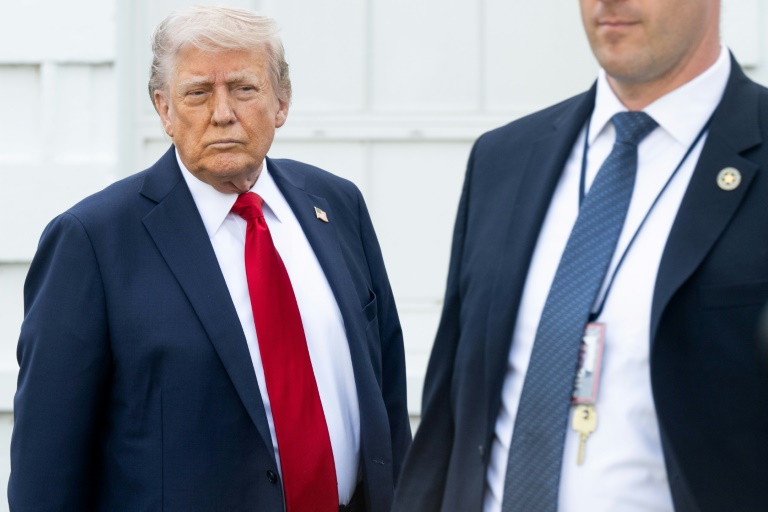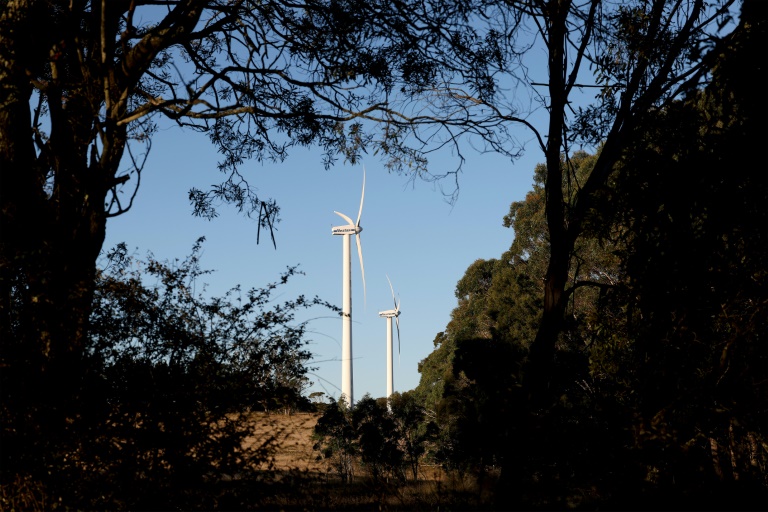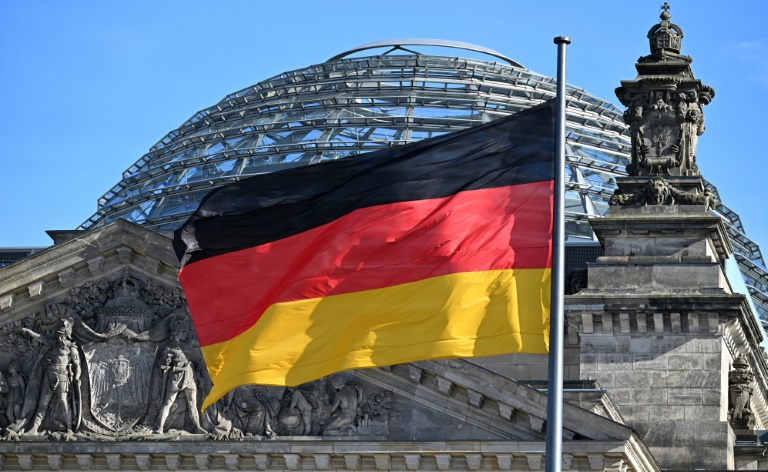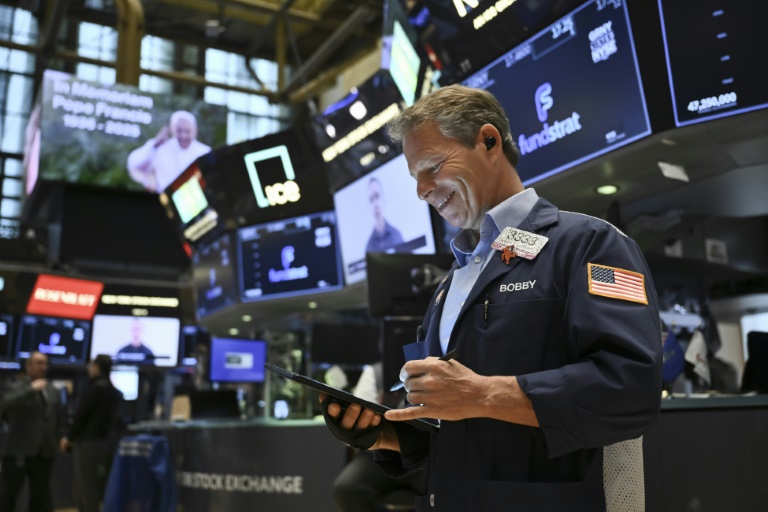London (AFP) – An international summit on the future of energy security opened in London on Thursday with stark opposition from Washington, which called policies to phase out fossil fuels “harmful and dangerous”. Profound differences emerged at the two-day International Energy Agency (IEA) meeting over the role of renewables in satisfying the world’s thirst for energy. The meeting takes place amid global economic turmoil sparked by wars in Ukraine and the Middle East, and uncertainty surrounding US President Donald Trump’s tariffs.
“Some want to regulate every form of energy besides the so-called renewables, completely out of existence… We oppose these harmful and dangerous policies. This is not energy security,” Tommy Joyce, US Acting Assistant Secretary of Energy for International Affairs, told the conference. That contrasted to a more moderate message from IEA executive director Fatih Birol in opening remarks at the summit, co-hosted by the UK. “Every economy has its own pathway for energy. We should understand and respect it,” he said. He added also that “oil and gas are key parts of our energy mix, and they will remain as part of the energy mix in years to come.” Birol’s comments depart from the IEA’s own forecast in 2023 that fossil fuel demand would peak before 2030.
Meanwhile, British Energy Secretary Ed Miliband welcomed “low carbon energy” as playing “a critical role in delivering energy security.” “As long as energy can be weaponised against us, our countries and our citizens are vulnerable and exposed,” he added. Several energy ministers from European countries attended the gathering, including 120 senior government officials, business leaders, and experts. The United States is only represented by acting deputy secretaries of state, while China, Saudi Arabia, and Russia are skipping the event altogether. European Commission President Ursula von der Leyen was set to later detail Europe’s efforts to promote affordable and sustainable energy.
– Renewable energy disagreements –
The Organization of the Petroleum Exporting Countries (OPEC) has welcomed the meeting. “The overall theme is one that OPEC supports. It is positive to see the IEA refocusing on energy security after veering away from this fundamental goal,” the group said on Wednesday. “Many net zero policies have endorsed unrealistic timelines or had little regard for energy security, affordability or feasibility,” said OPEC, which has previously described the phasing out of fossil fuels as a “fantasy”. OPEC, whose membership is dominated by oil-producing Gulf states, believes that energy security must be achieved by adding renewable energy sources to existing fossil fuels, not by replacing them.
European countries believe, however, that nuclear energy and renewables are the best way to avoid dependence on imported oil and gas, the prices of which have been increasingly volatile since Russia’s 2022 invasion of Ukraine. In the United States, Trump has repeatedly stated that he wants to lower energy prices with a “drill baby drill” approach in oil and gas fields, while limiting the development of wind power projects. The French Energy Ministry noted that the mission of the IEA, which was established in 1974 in response to the first oil crisis, remains “to promote the energy transition as a tool for energy sovereignty.” It said “there is no stated American agenda for this meeting, and no European concern about a deviation from the agenda.”
But according to a source at a major European energy company, the IEA and Birol have moderated their rhetoric toward renewables in recent months. The idea is to “avoid antagonising the Trump administration and to calm things down a little with OPEC,” this source said, speaking on condition of anonymity.
© 2024 AFP

